PLATO 2.0 Science Workshop - Conferences Archive

|
PLATO 2.0 Science Workshop 29 - 31 July 2013 ESTEC, Noordwijk, The Netherlands |
- Removed a total of (6) align=center.
- Removed a total of (1) border attribute.
THE WORKSHOP PRESENTATIONS ARE AVAILABLE!Purpose and Goals PLATO 2.0 is an ESA M3 candidate mission in the Cosmic Vision Programme and has been designed and optimized from the outset specifically to detect habitable zone rocky sized planets around bright solar type stars. Not only are these host stars suitable for planetary confirmation and follow-up studies, but they are ideal for asteroseismology studies whose impact has been proven from the CoRoT and Kepler missions. Thus PLATO 2.0 will produce catalogues of accurate parameters of terrestrial planets and planetary systems. It will be the first large-scale survey determining the ages of its detected planetary systems from their host stars. PLATO 2.0 data will be vital to test and develop planetary formation and evolution models and to address planetary science questions via its large numbers of accurate bulk planet parameters in systems of all kinds. As a result of the many hundred thousands of stars observed, PLATO 2.0 has furthermore a large complementary and legacy science program, from stellar to galactic science. The PLATO 2.0 Science Workshop is open to the interested community. It will be held at ESA-ESTEC, Noordwijk, on 29-31 July, 2013. The workshop shall examine the impact that PLATO will make on all areas of exoplanet, stellar, and legacy science areas. The preliminary program addresses a range of topics, describing the mission and where PLATO 2.0 will make an impact, e.g.:
|
||||||||||||||||||||||||||||||||||||||||
| Local Organising Committee PLATO 2013
|
||||||||||||||||||||||||||||||||||||||||
- Removed a total of (14) style text-align:left;
- Removed a total of (1) style float:left;
- Removed a total of (5) align=center.
- Removed a total of (28) align=left.
- Removed a total of (4) border attribute.
- Removed a total of (1) cellpadding attribute.
- Removed a total of (1) cellspacing attribute.
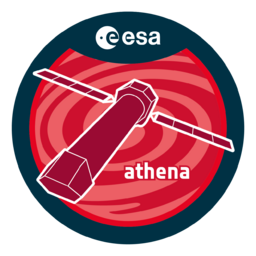
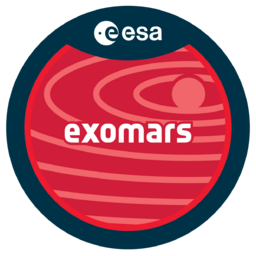
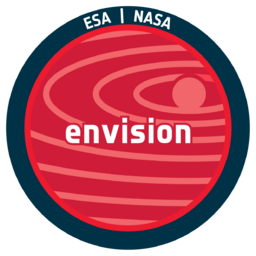
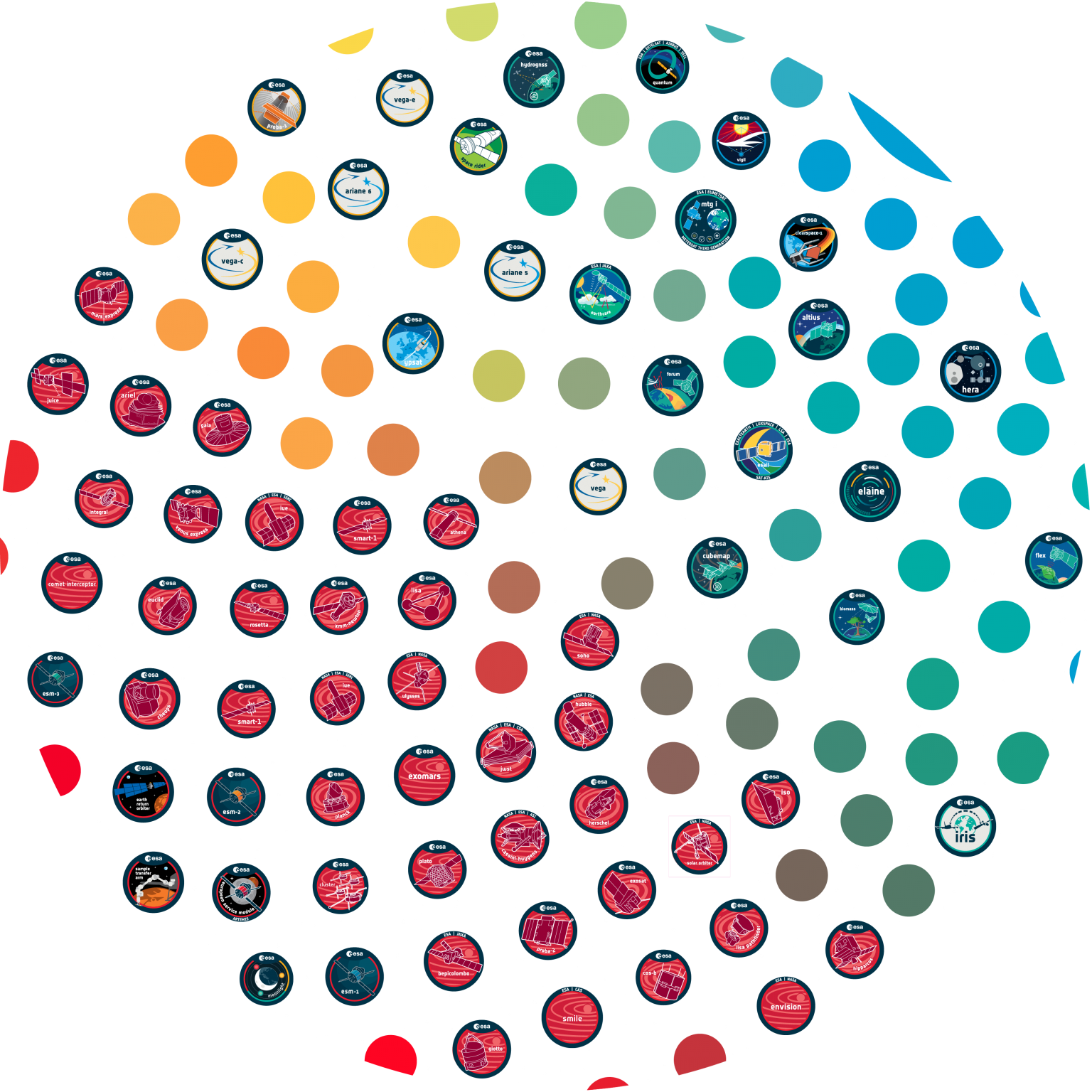
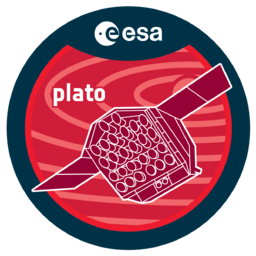
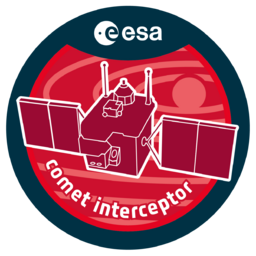

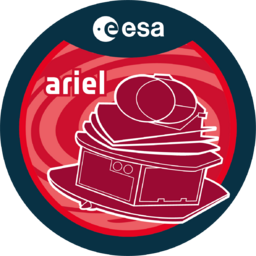
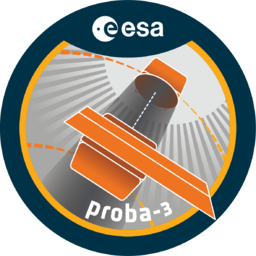
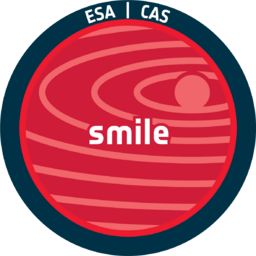
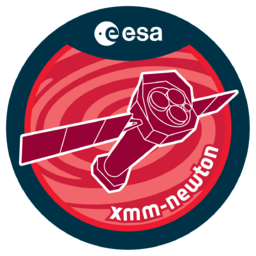
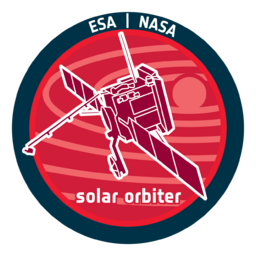
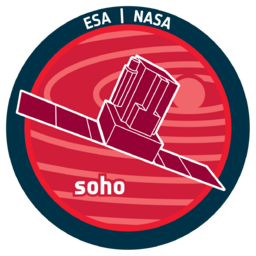
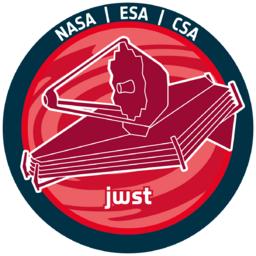
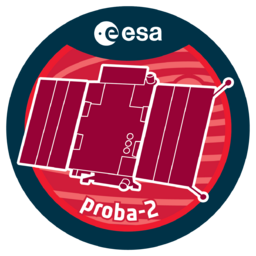
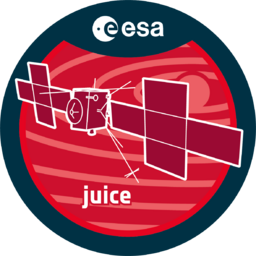
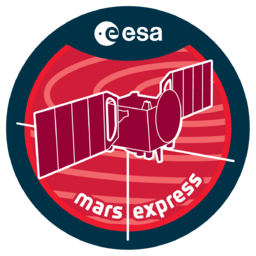
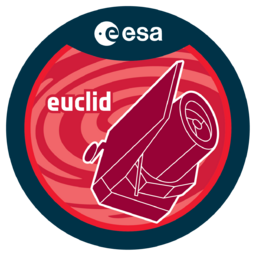
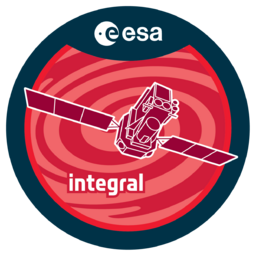
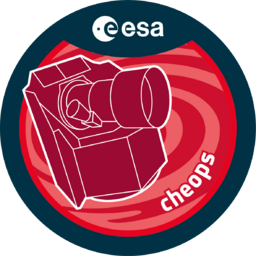
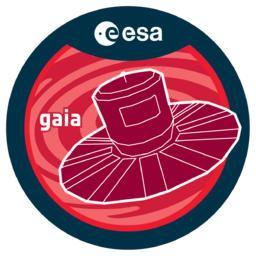
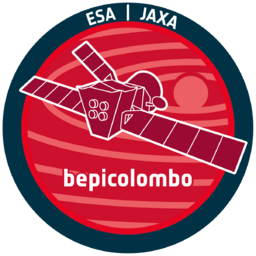
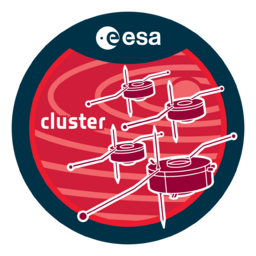
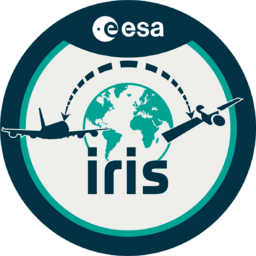
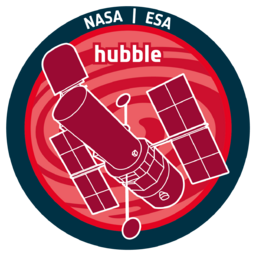
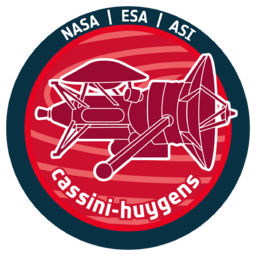
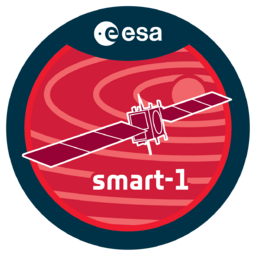
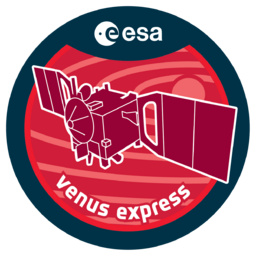
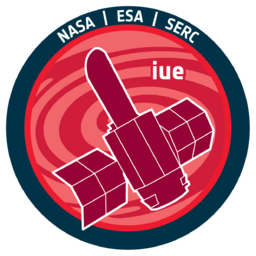
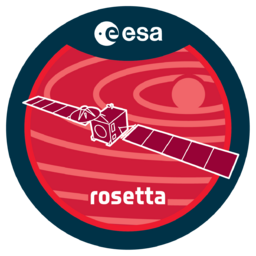
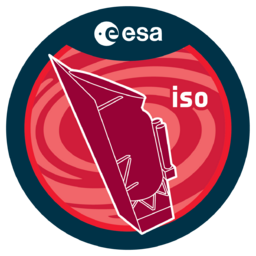

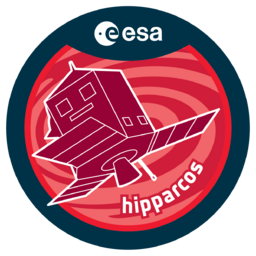
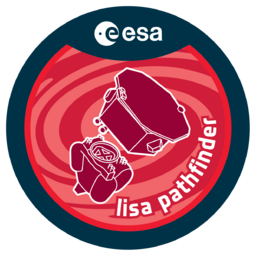
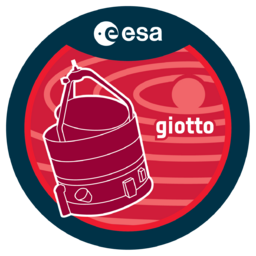
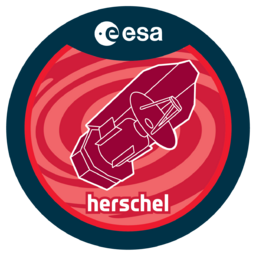
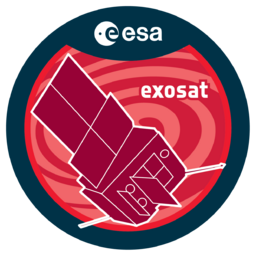
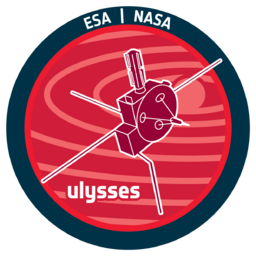
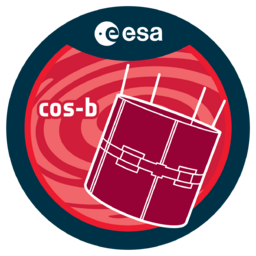

 Sign in
Sign in
 Science & Technology
Science & Technology
